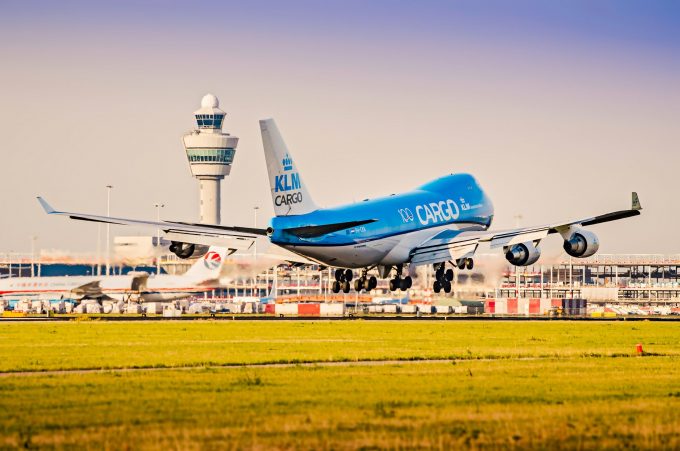News in Brief Podcast | Week 51 | Airfreight peak, management shuffles and automation impasse
In this episode of The Loadstar’s News in Brief Podcast, host and news reporter Charlotte Goldstone ...

A proposed 2025 night ban on ‘noisy’ 747Fs at Amsterdam’s Schiphol Airport (AMS) is “too soon” for airlines to undergo fleet renewal, while additional measures also threaten to hinder air cargo.
In June 2022, the Dutch cabinet presented a package of measures aimed to reduce AMS’s noise and environmental impact, including drastic flight reductions by this year, in the particular interest of local residents.
This was presented to the European Commission (EC) in September, which reportedly “reacted very critically”, due ...
Semiconductors could compensate for air freight's lost ecommerce traffic
'It’s healthy competition' Maersk tells forwarders bidding for same business
Transpacific sees first major MSC blanks as rates fall and volumes falter
'Weakened' Maersk paying a heavy price for its lack of fleet growth
US shippers slam USTR port fee plan – 'an apocalypse for trade'
Opposition builds for final hearing on US plan to tax Chinese box ship calls
Despite sourcing shifts, 'don't write-off China', says CMA CGM CCO
Calling all shippers!
Please give us a minute of your time to answer the following questions:

Comment on this article